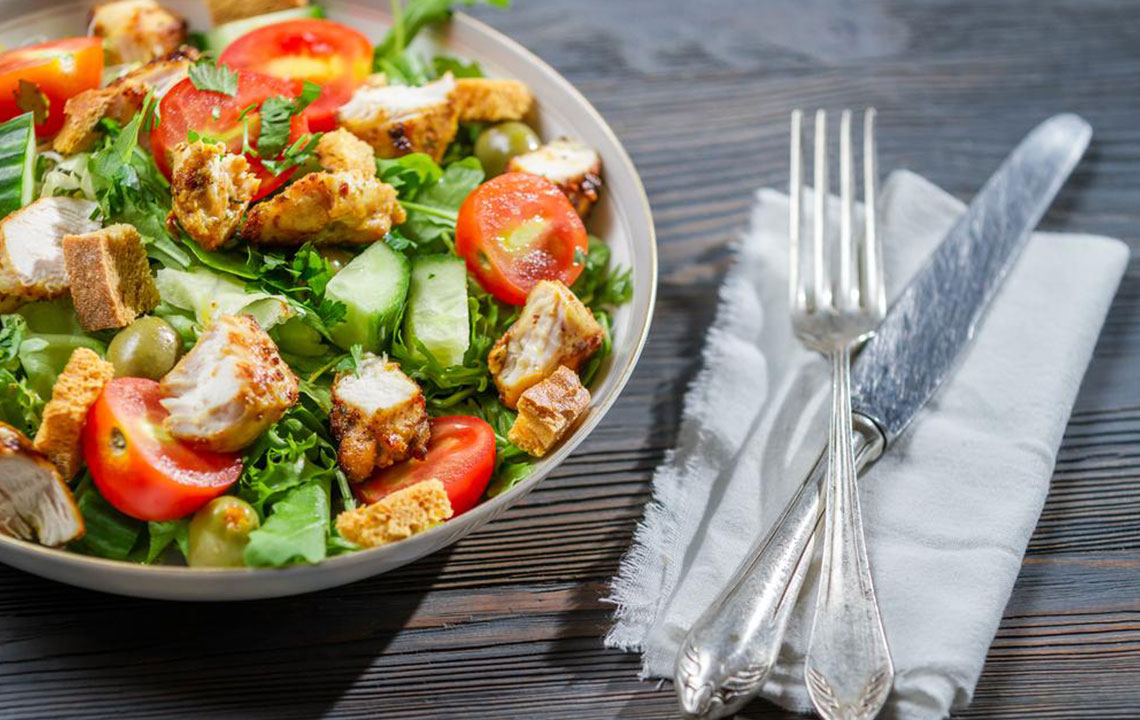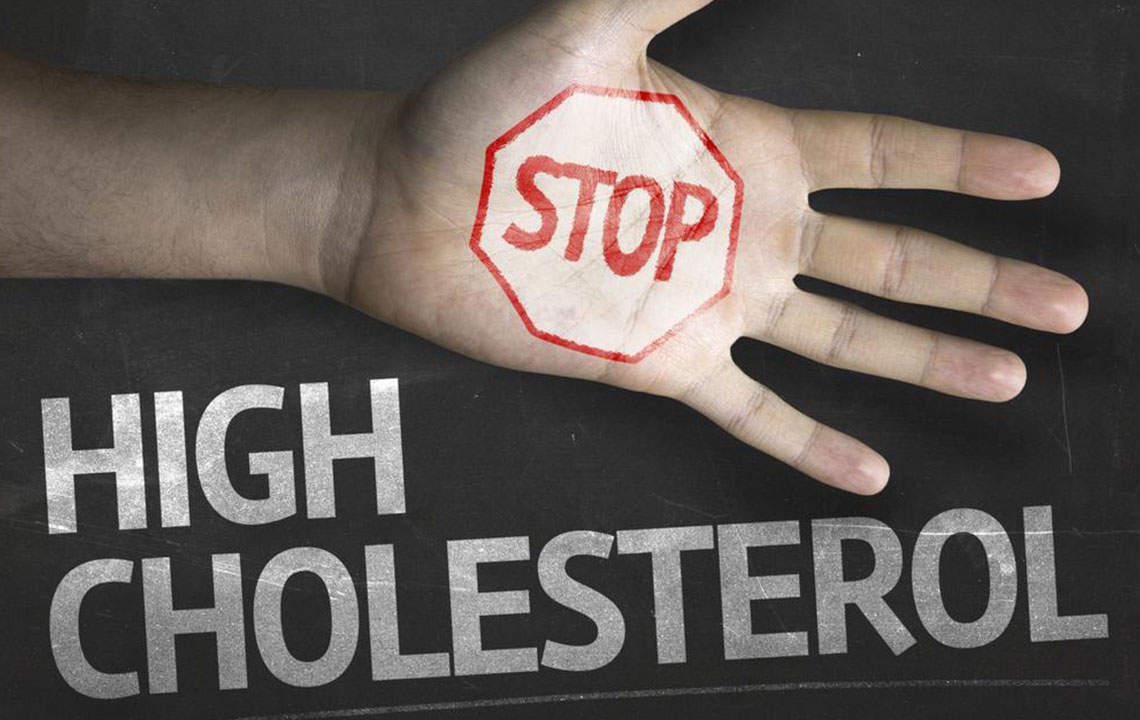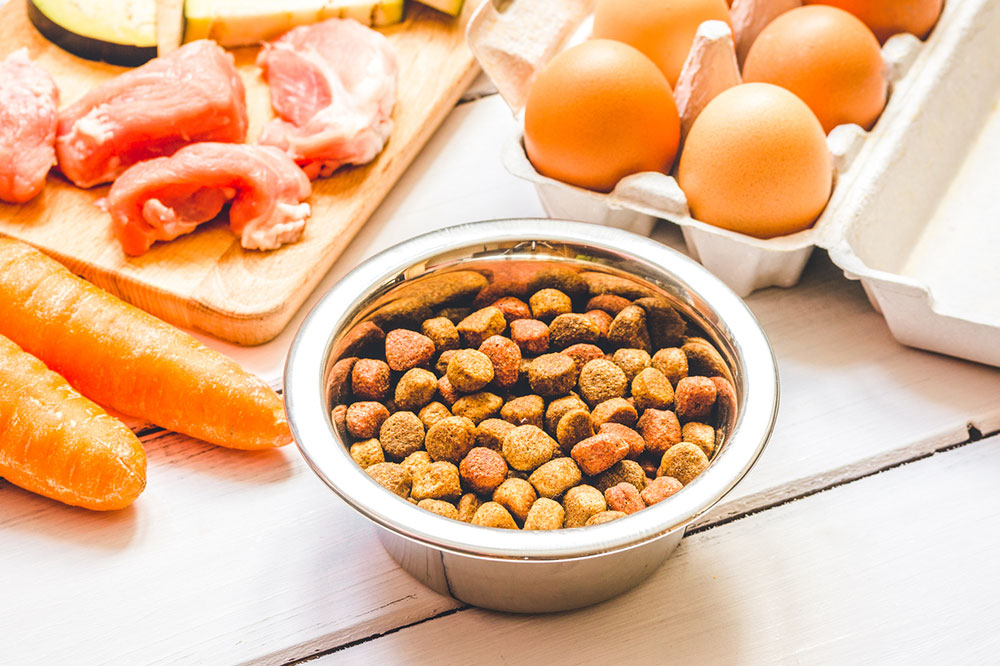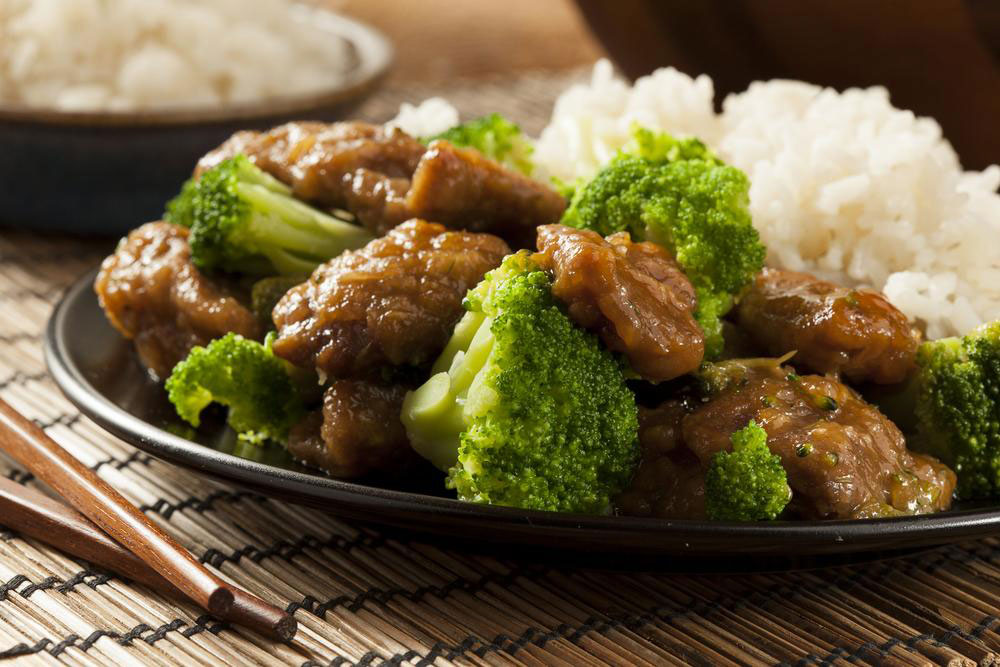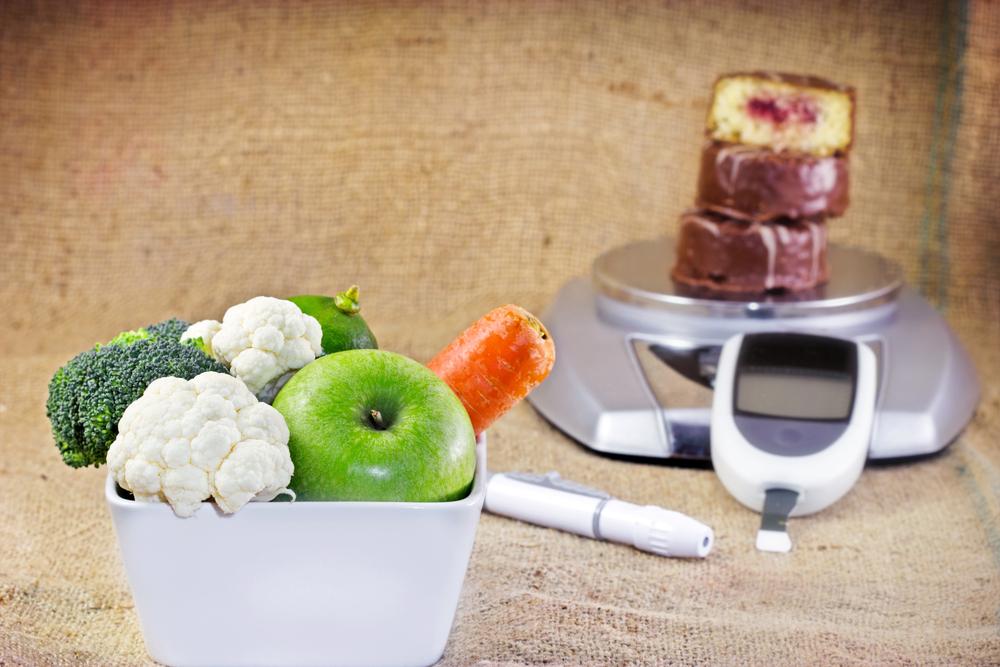Adding high fiber vegetables to your diet
Dietary fiber is an indigestible portion of a plant based food. These fibers are of two types – soluble and insoluble; both are equally beneficial for our health. Soluble fibers dissolve in water, but insoluble fibers do not dissolve in water, both are indigestible carbohydrates, those do not break down into digestible sugar particles.
Fiber has various health benefits, such as it reduces the risk of chronic diseases, lower the bad cholesterol level in our blood stream, helps in gaining a healthy digestive system, prevent constipation and make a smooth bowel movement.
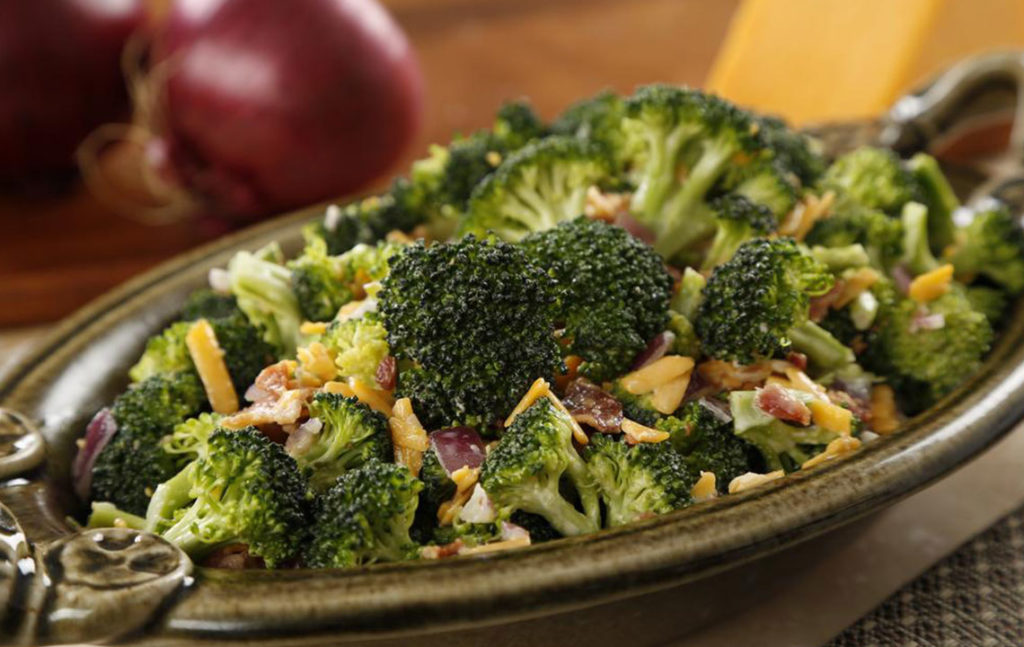
There are many kinds of high fiber foods available – while some of them contain soluble fiber, others contain insoluble fiber. This article details some high fiber vegetables, which can be easily added to our high fiber diet plans:
- Broccoli is one of the most common and popular high fiber foods containing vegetable; it has an impressive nutritional value. Along with the fiber, broccoli is rich in potassium, omega – 3, vitamin C and vitamin K and low content of protein, fat, and carbohydrates. One cup boiled broccoli contains 5 grams of fiber. Broccoli has various health benefits; it is protective against intestinal cancer, diabetes, heart diseases and risk of chronic inflammation. Broccoli also provides some antioxidant benefits to our health and improves detoxification.
- Artichoke is a very healthy versatile vegetable rich in fiber, minerals, vitamin C and low in cholesterol and saturated fat. It has several health benefits, high – fiber content of it helps in proper digestion, natural antioxidant properties of it provide immune support to our body, lowers the risk cancer and various heart diseases. Potassium level of artichokes reduces the risk of blood pressure and diabetes. Per cup of boiled artichokes contains 10.3 gram of fiber.
- Brussels sprouts, another good source of fiber, vitamins, proteins, and minerals. It helps in boosting overall health including bone health, decreases the risk diabetes, cancers, excessive inflammation, cardiovascular diseases.
- Green pea is a nutritious vegetable with high fiber, protein, vitamins, and minerals. It prevents constipation, lowers the risk of heart diseases, antioxidant and anti – inflammatory properties of green peas support healthy blood vessels.
- Turnip green, asparagus, winter squash, spinach, carrots, sweet corn, potatoes with skin are some other source of high fibers with several health benefits.
These vegetables can be consumed as raw or by using various cooking methods like steaming, boiling and roasting. By adding these high fiber diet foods to our daily diet plans, one can achieve health benefits.
